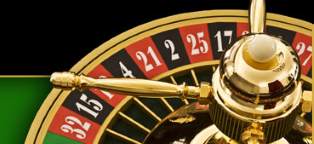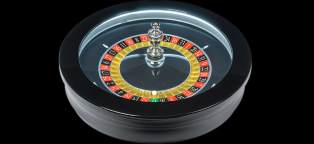Probability Theory
The Martingale is probably most famous as a name for a popular betting strategy where you double up your bets after a loss in order to try and claw back profits.
But, it's origins are actually in the realms of probability theory (bear with us- this is good!)
In any case, if you are going to get to grips with the Martingale Betting System, you ought to understand at least a bit of the science!
Martingale (probability theory)
In probability theory, A Martingale isn't a type of pretty chirping bird. Oh no. It's a modelling of a fair game (no bias) where knowledge of historical events is never able to predict events that haven't happened yet. Now that is important to know, for the betting system.
If we are going to put our propellor hats on and so a Martingale Analysis, this term refers to a sequence of random outputs (which the boffins call a stochastic process) for which, at any point in the sequence, the expectation of the next value in the sequence is equal to the present observed value, discounting any built up knowledge of all previously observed values.
Do you want that in English? Basically, it means past events have no influence on future events. So if you are tossing a coin and it comes up heads, heads, heads, heads, and you toss it a fifth time, the probability that it is going to come up tails is still 50/50. The coin has no memory, in other words.
On the other hand, in a process that is not a martingale, knowledge of the prior event (e.g., all previous cards drawn from a blackjack card deck) may be able to increase the probability of guessing future outcomes. Do you want this is plain English again? OK, so if you are playing single deck blackjack, and you are card counting, you may be able to increase your odds in the game.
Originally, a Martingale was made famous in France as a type of betting system that was popular in the eighteenth century. The classic one was on the roulette wheel (French for "small wheel") . A gambler wins his bet if the ball lands on black and loses it if it lands on red, for example, assuming he has bet on black.
The system had the gambler double his bet after every loss so that his first win after a string of losses would claw back all previous losses plus win a profit equal to the original bet. As long as the gambler's wealth and available time was infinite, the chance of eventually seeing the ball land in a black number approaches 1 (probability speak for a "dead cert"), which makes the martingale strategy seem like the Key to El Dorado. BUT, the size of the bets grow exponentially, and eventually bankrupts the player. In any case, most casinos like to cut short the fun by setting betting limits on the table.
So there you have it from the Professor's mouth. The Martingale can work in short bursts, but the longer you play, the more likely that you are going to run out of either
(a) capital- ie you'll go "bust"
(b) room to manouevre on table limits- meaning you won't be able to double your bet to cover a previous loss.
Top Tips for The Martingale
- Start your initial bet low
- Play short sessions
- Set an upper limit above which you will not double your bets. (This is set anyway by the table limits, but we'd advise you set a lower one. Keep the bets from ramping up exponentially!)



